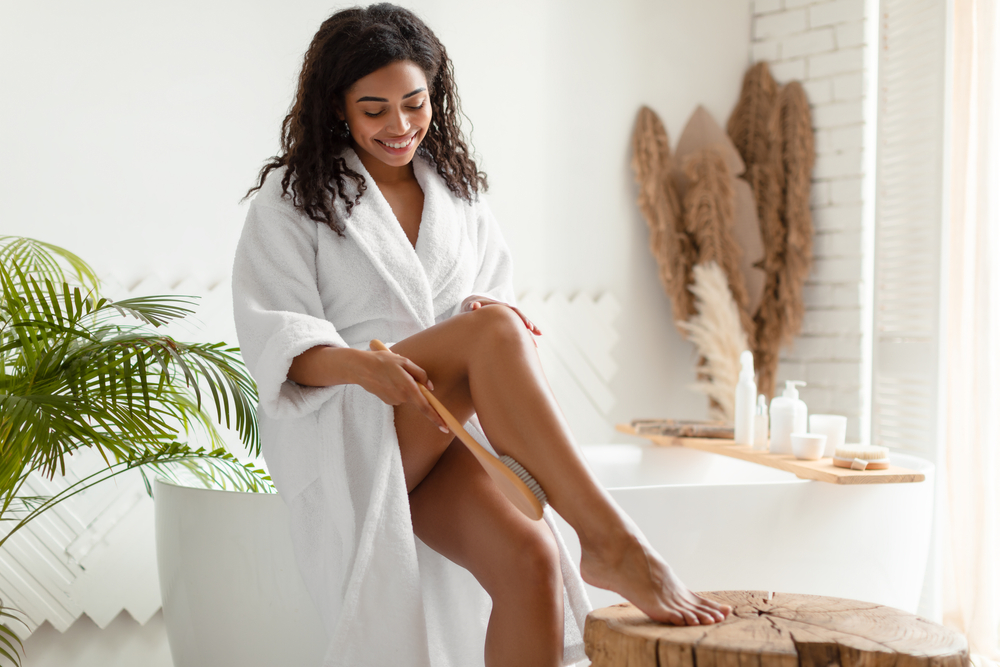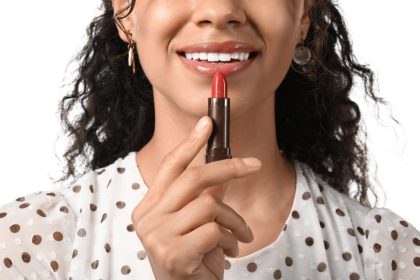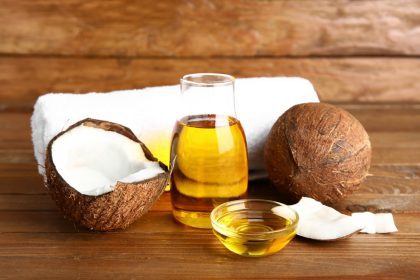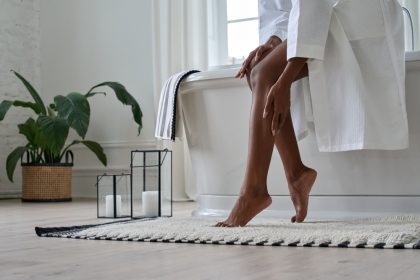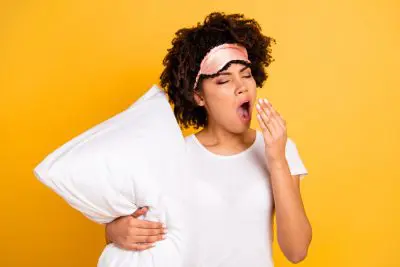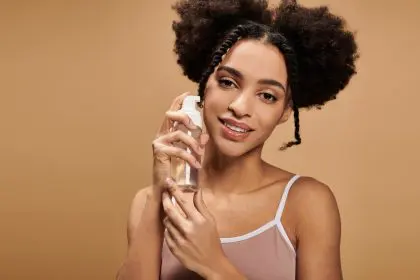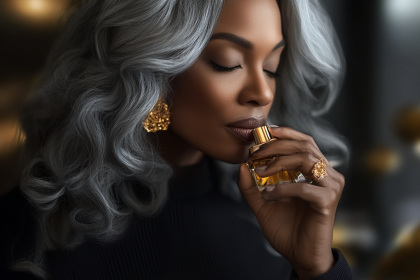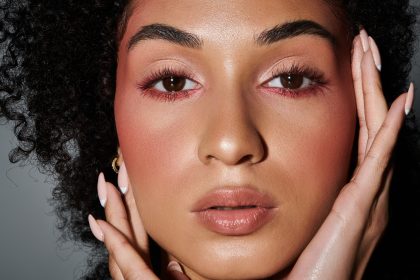Your grandmother probably did it. Your great-grandmother definitely did it. And now, thanks to social media influencers and wellness gurus, dry brushing is having its biggest moment since the 1920s. But before you grab the nearest brush and start scrubbing away, dermatologists have some things they want you to know.
The practice involves using a firm-bristled brush to massage your skin in upward strokes before showering, promising everything from smoother skin to better circulation. It sounds simple enough, but like most beauty trends that resurface from decades past, the reality is more complicated than the hype suggests.
The wellness crowd embraces an ancient practice
Dry brushing has roots in ancient Ayurvedic medicine and traditional European spa treatments, but it disappeared from mainstream beauty routines for decades. Now it’s everywhere again, with wellness influencers claiming it can detoxify your body, reduce cellulite, boost energy levels and give you that coveted “glow” everyone’s chasing.
The technique involves brushing your skin with a natural-bristle brush, starting from your feet and working upward toward your heart in long, sweeping motions. Enthusiasts swear by doing it daily before their morning shower, treating it like a meditation ritual that jumpstarts their entire day.
What dermatologists actually see happening
From a scientific standpoint, dry brushing does accomplish some legitimate things for your skin. The physical exfoliation removes dead skin cells, which can make your skin feel smoother and look brighter temporarily. The massage action also increases blood flow to the area, creating that pink, tingly sensation that many people interpret as improved circulation.
However, dermatologists are quick to point out that your body already has highly efficient systems for detoxification – namely your liver and kidneys. No amount of brushing is going to help your skin eliminate toxins that these organs can’t already handle perfectly well on their own.
The lymphatic drainage claims are particularly questionable. While gentle massage can temporarily move lymphatic fluid, there’s no evidence that dry brushing provides any meaningful long-term benefits to your lymphatic system or overall health.
The cellulite promise that doesn’t deliver
Perhaps the most persistent claim about dry brushing is its ability to reduce cellulite, and this is where dermatologists become most skeptical. Cellulite is caused by the way fat deposits push through connective tissue beneath your skin, creating that dimpled appearance that affects up to 90% of women at some point in their lives.
The temporary improvement people notice after dry brushing comes from increased blood flow and mild swelling, which can make skin appear smoother for a few hours. But this effect is purely cosmetic and temporary – it doesn’t change the underlying structure that creates cellulite in the first place.
When bristles become problematic
While dry brushing is generally safe for most people, dermatologists warn that it’s easy to overdo it. Using too much pressure or brushing too frequently can cause micro-tears in your skin, leading to irritation, redness and even infection in some cases.
People with sensitive skin, eczema, psoriasis or other inflammatory skin conditions should avoid dry brushing entirely. The mechanical irritation can trigger flare-ups and make existing skin problems worse rather than better.
Even people with normal skin need to be careful about technique and frequency. Most dermatologists recommend starting with just once or twice a week and using very light pressure – think gentle massage rather than aggressive scrubbing.
The verdict on viral wellness trends
Dry brushing falls into that category of wellness practices that isn’t necessarily harmful but also isn’t the miracle cure that social media makes it out to be. If you enjoy the ritual and it makes your skin feel good, there’s probably no harm in continuing as long as you’re gentle and don’t have underlying skin conditions.
But if you’re looking for dramatic improvements in cellulite, detoxification or overall health, you’re likely to be disappointed. The benefits are modest and mostly temporary – more about the experience than lasting change.
Your time and money might be better spent on proven skincare basics like sunscreen, moisturizer and gentle cleansing. Sometimes the most boring advice is also the most effective.

